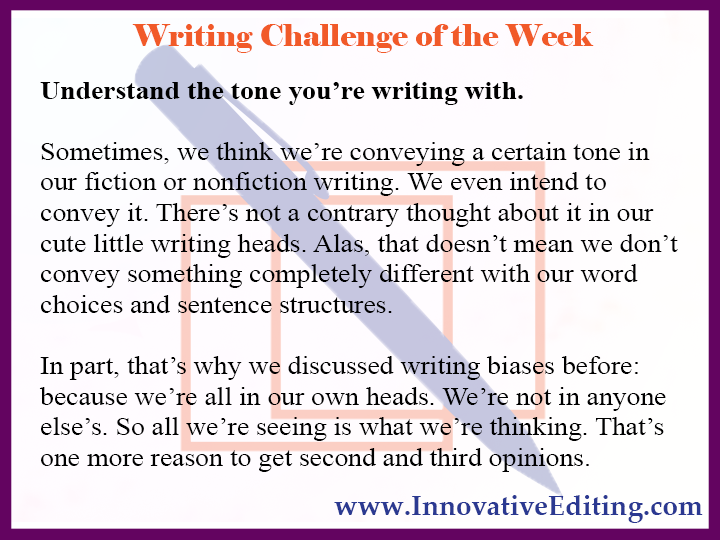Should Writers Give Themselves a Break?
- Jeannette DiLouie
- Nov 12, 2018
- 3 min read

I shouldn’t be saying this during National Novel Writing Month, but sometimes it’s okay not to write.
It’s okay to sit back, relax and stare mindlessly at the TV, read someone else’s writing or go out with your friends.
You’re allowed to rest every once in a while, National Novel Writing Month or not.
I know I have my list of ways to get through writer’s block. And yes, one of them is to suck it up and just write already. Sometimes that's the best course of action for you and your story regardless of how you feel.
The very act of writing is, after all, an accomplishment. Seeing words put down on a previously blank or stagnant piece of paper – words that you put down there! – is something to be proud of.
It’s something to feel good about.
Rather like a bite of chocolate or a runner’s high, writing can release the very endorphins you need to remind you that, yes, you can actually continue and complete your story.
Sucking it up and writing can also jog your creative side. You never know which word you write down will jog your brain right out of the writer’s block that’s been ravaging it.
That is to say you never know until you try.
Saying, "You never know until you try" makes it sound like a mere shot in the dark, I know. However, it’s a legitimate option to a legitimate problem.
I don’t have numbers to give you or studies to cite proving how often it works. But as a writing coach and writer, I can say that I’ve seen it work more often than not.
There is still that “not” though – which, incidentally, isn’t meant to get you down. There are plenty of other writing block breakthroughs to try out… one of them being to take a break.
Don’t just take my word for it though. Being a creative writer, there’s always the chance I might be full of it. That’s why we should turn to an article from Scientific American a few years back.
Titled “Why Your Brain Needs More Downtime,” it looks at “research on naps, meditation, nature walks and the habits of exceptional artists and athletes,” showing “how mental breaks increase productivity, replenish attention, solidify memories and encourage creativity.
You can read the whole Scientific American article here, but consider this snippet in the meantime:
… Americans and their brains are preoccupied with work much of the time. Throughout history, people have intuited that such puritanical devotion to perpetual busyness does not in fact translate to greater productivity and is not particularly healthy. What if the brain requires substantial downtime to remain industrious and generate its most innovative ideas? “Idleness is not just a vacation, an indulgence or a vice; it is as indispensable to the brain as vitamin D is to the body, and deprived of it, we suffer a mental affliction as disfiguring as rickets,” essayist Tim Kreider wrote in The New York Times. “The space and quiet that idleness provides is a necessary condition for standing back from life and seeing it whole, for making unexpected connections and waiting for the wild summer lightning strikes of inspiration – it is, paradoxically, necessary to getting any work done.”
So if it seems you’ve come up against a bout of writer’s block, ask yourself whether you’re just looking for an excuse to not work on your book, if you need to jog your brain… or if you legitimately need to rest and recuperate.
One way to tell is to simply suck it up and write. Force yourself to write for 15 minutes. Maybe even just five.
If, at the end of that, you feel a rush of writing revelations, wonderful! You’re cured.
If you’re feeling just as weary and uninspired, wonderful too! The cure is probably just one rest away.
P.S. If you want the rest of the list of ways to get through writer’s block, shoot me an email. Chances are high I have a way around the writer’s block that’s plaguing you.




